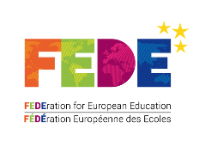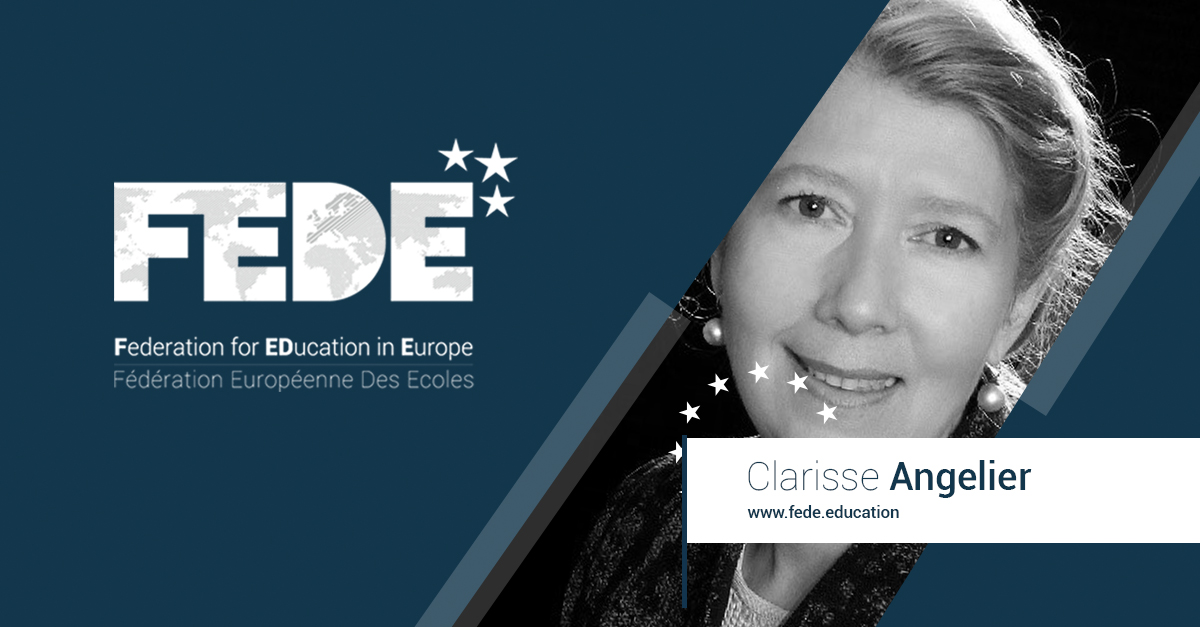Clarisse Angelier, who has a PhD in material sciences, is Delegate-General of the Association Nationale de Recherche Technologie (ANRT: the National Association of Research and Technology). In the following interview she talks about her unwavering belief in the value of exchanges between private business and public institutions.
Tell us about your education.
After obtaining a PhD in material sciences (metallurgy), I studied from 2009-2010 at the l’Institut des Hautes Etudes pour la Science et la Technologie (IHEST). In 2016 I completed a training programme in business management at the ESSEC (École supérieure des sciences économiques et commerciales).
Do you have teaching experience?
During the 1990s I lectured in material sciences. Later I was Secretary-General of the CACEMI (Centre d’actualisation des connaissances en matériaux industriels) of the Cnam (Conservatoire national des arts et métiers). The Centre focuses on continuing education.
What would you describe as the main landmarks of your career?
In the early 2000s I helped build S2A Cnam-Renault-PSA, which was the first economic interest group combining private business and a higher education and research institution. From 2002 to 2007 I was, successively, Secretary-General of the Department of Industrial Science and Technology at the Cnam, then Deputy Director of Research, before leaving the Cnam to join the ANRT. There I introduced the Cifre programme [a programme subsidising companies for the employment of PhD students in their research labs] and a competitive exam to raise awareness of entrepreneurship amongst young researchers. I became Delegate-General in 2016.
How would you describe the ethos of the ANRT?
The ANRT brings together public and private research organisations. Its members carry out three quarters of French research. Our President is Thierry Breton, who is an ex-minister and CEO of Atos SE. Founded in 1953, the ANRT has long been an important actor in research and innovation, particularly in terms of advancing cooperation between businesses and academia. More recently numerous other organisations have appeared and are helping to boost economic growth in France by means of research and innovation. The ANRT seeks, of course, to capitalise on its long history, on the trust it has always inspired in its members and on its special relationship with the public authorities. Its major selling point is its ability to bring together public and private actors from all sectors and academic disciplines. It creates a collective intelligence that benefits all its members and helps them to exert a joint influence on research and innovation across France and Europe.

